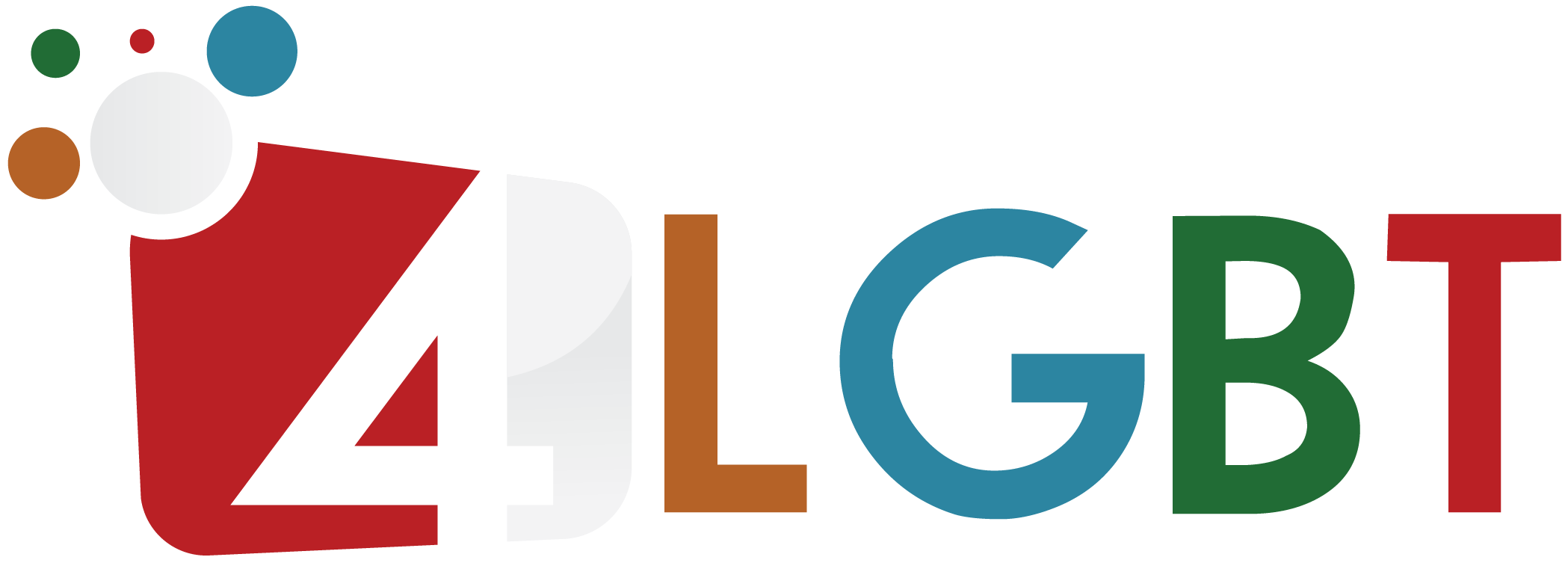The LGBT Community is a loosely defined group of people, including gay men, lesbians, bisexuals, and transgender people. Although there are many differences between them, they share some common characteristics, such as culture, social movements, and personal beliefs. The LGBT community is often characterized by pride, diversity, individuality, and sexuality, and generally celebrates each of these traits. This article will explore some of the most important characteristics of the LGBT community.
Demographics
To understand the demographics of the LGBT community, you first need to understand what makes up its membership. The data will show the proportion of males and females who identify as LGBT, and heterosexual men and women who identify as such. This visualization will also provide key data to guide planning efforts and gain an understanding of the community. The LGBT community is an increasingly diverse group, and the information presented here should help you make sense of the population’s characteristics.
The LGB community is much younger than the general population. In the United States, eight out of 10 adults identify as a member of the LGB community, and two-thirds are leaning toward the Democratic Party. Furthermore, lesbian and bisexual women were more likely to identify as LGBTQ than heterosexual men were. Bisexual men made up a smaller proportion of the LGBT community, with two-thirds identifying as gay.
Self-perceived discrimination
The current study investigated self-perceived discrimination in the Chinese LGBT community, and found that LGBT participants reported moderate to high levels of rejection and discrimination. The study included questionnaires assessing heterosexual acceptance of the LGBT community, LGBT participants’ experiences of self-perceived discrimination, and their experiences of discrimination from public service providers. The study also investigated whether LGBT participants were subjected to more or less media attention than other members of the community.
In the study, respondents were asked to select one or more of 10 possible causes of discrimination. The factors that may be responsible for self-perceived discrimination included age, race, ethnicity, religion, physical disability, and sexual orientation. In addition, respondents were asked to categorize discrimination according to the cause. Lesbians and gays were more likely to report discrimination than heterosexuals.
Support for LGBT rights
If you’re in the LGBT community, you might be wondering what you can do to support the causes and issues that matter to you. While it is not uncommon to disagree on the issues and policies that affect the LGBT community, you should always remain supportive of those policies. There are many organizations that fight for equal rights, and the following resources will help you get started. The National Stonewall Democrats is a grassroots Democratic LGBT organization. PFLAG promotes health and equal civil rights for all. The Services & Advocacy for GLBT Elders leads the charge on LGBT aging issues. Finally, the Task Force helps LGBT members build organizational capacity and political power for human rights.
In 2011, Hillary Clinton delivered a speech to the United Nations on Human Rights Day, calling the LGBT community an “invisible minority” that deserves greater protection. She also asserted that gay and human rights are one and the same, referring to the Universal Declaration of Human Rights as the foundational U.N. document guaranteeing gay rights. These events helped galvanize support for LGBT rights in the LGBT community. The campaign grew to national proportions in the United States.
Support for intersectionality
One advocate of supporting intersectionality in the LGBTQ+ community is Carlton Daniel, a gay black lawyer. He has encountered hostility from both BAME and LGBTQ+ members. Because many black immigrants to the UK are from more conservative nations, some of his LGBTQ+ clients have expressed surprise to learn that Daniel is black. Intersectionality is important to the LGBT community and IP Out recently held an event on the subject. The event featured prominent LGBTQ+ lawyers who have strong religious convictions, yet face criticism from their communities.
The concept of intersectionality is complex, especially when combined with privilege. Some people feel that by claiming minority status, they represent the experiences of all minority groups. Yet, this is far from the truth. We can use intersectionality as a tool to help ensure that our communities are not disadvantaged by our differences, and that we work toward building stronger communities that are truly inclusive. This concept of intersectionality can help us better understand and support the LGBT community.

